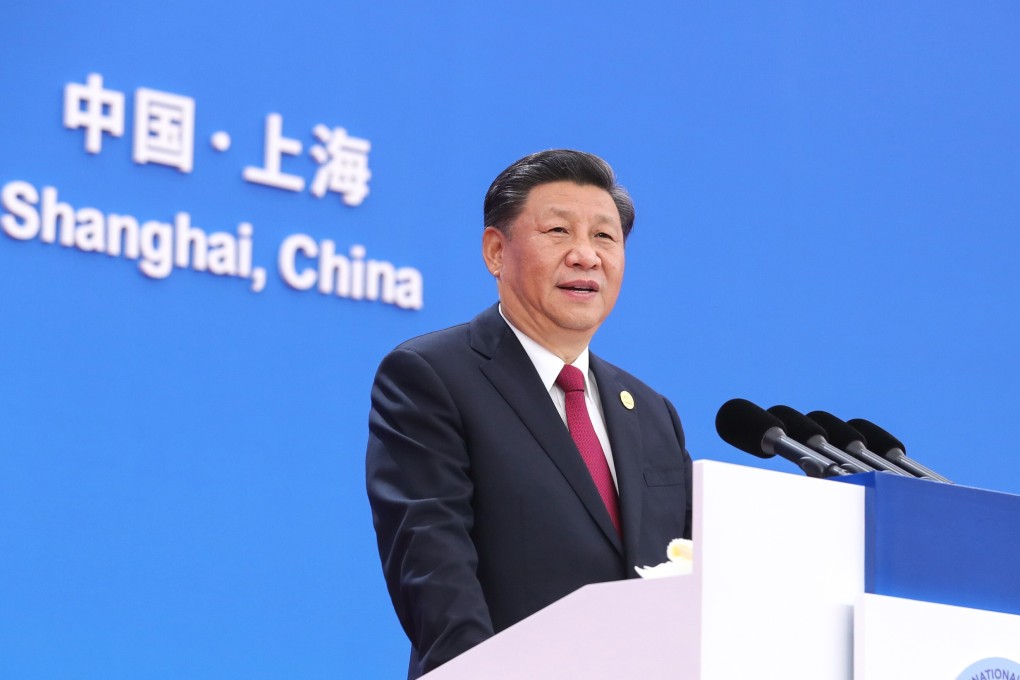China import expo to go ahead despite trade tensions, lingering coronavirus uncertainty
- Shanghai will host the third annual China International Import Expo in November, as China seeks to portray itself as a backer of multilateralism
- But the event faces a number of challenges, including headwinds from China-US decoupling, trade disputes and travel disruptions caused by the pandemic

Beijing is ramping up publicity for its third annual China International Import Expo (CIIE), as the country seeks to promote itself as a defender of free trade and linchpin for global economic recovery from the coronavirus pandemic.
Despite growing tensions with major trading partners and ongoing economic uncertainty triggered by the pandemic, China is pushing ahead with the physical event in Shanghai from November 5-10.
The expo, which began in 2018 as China was locked in a trade war with the United States, is one of China's biggest public relations events to woo the global business community, promising them access to a market of 1.4 billion consumers.
It may even become a turning point in the global economic recovery
State media on Monday began a 100-day countdown, saying the import expo was an opportunity for the world to shake off the virus and showed Beijing’s commitment to opposing protectionism.